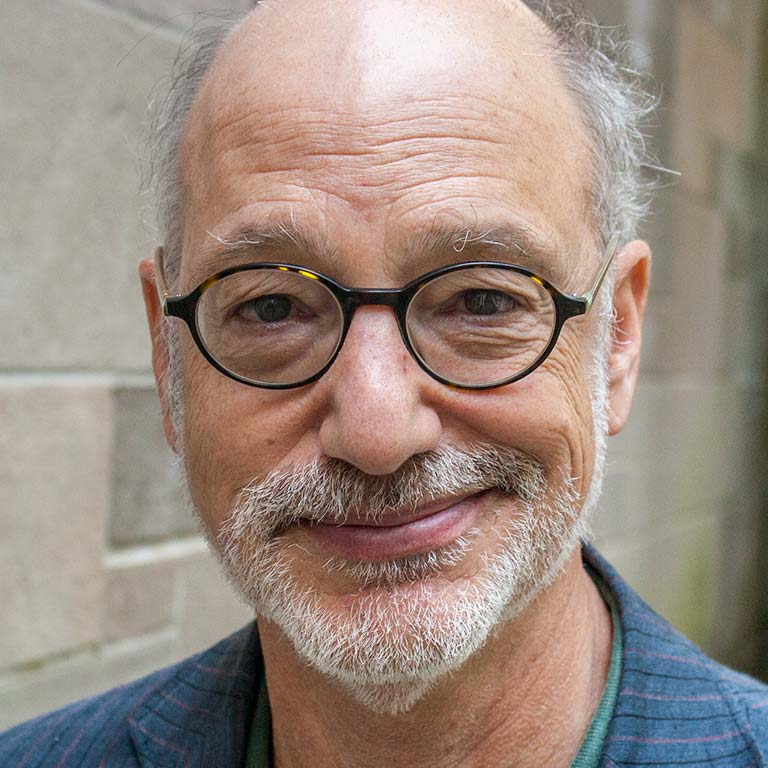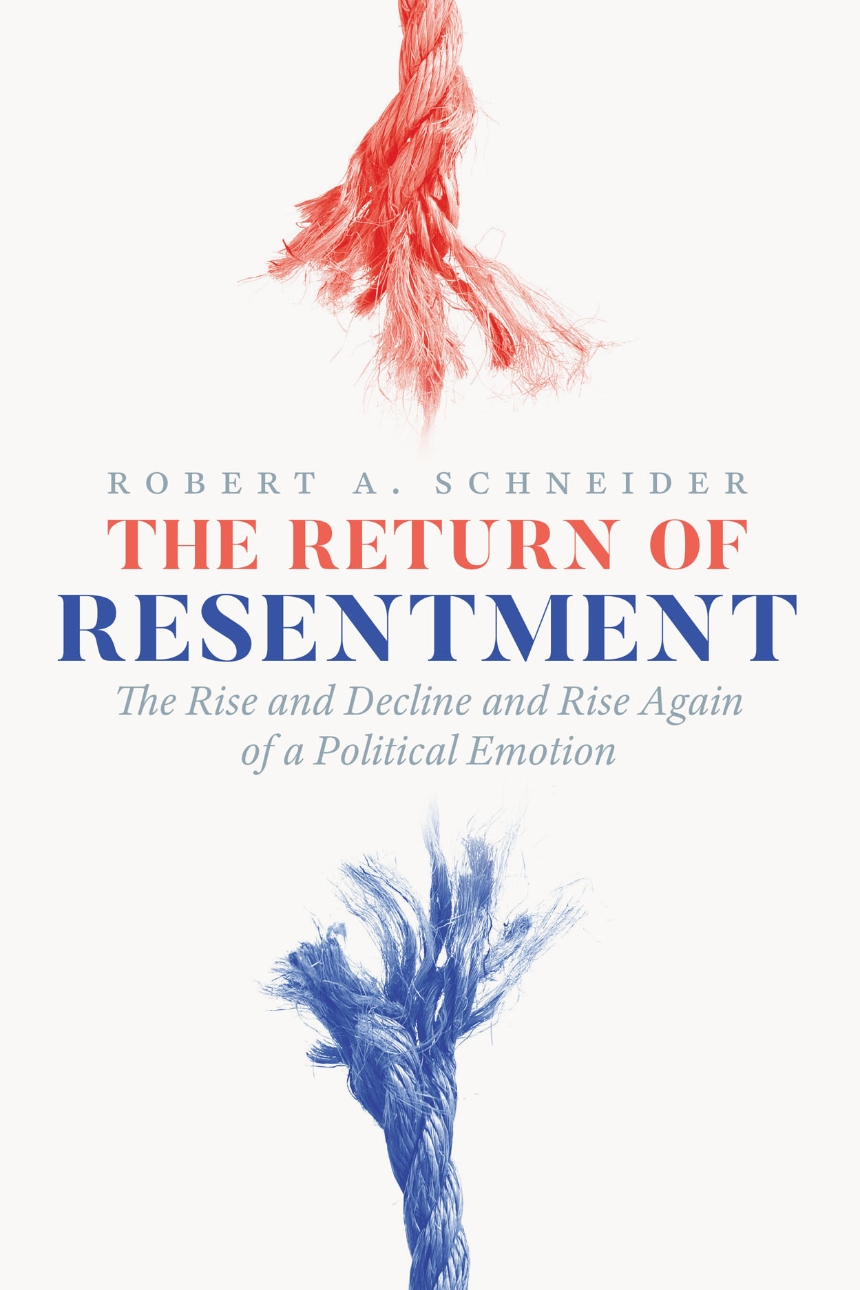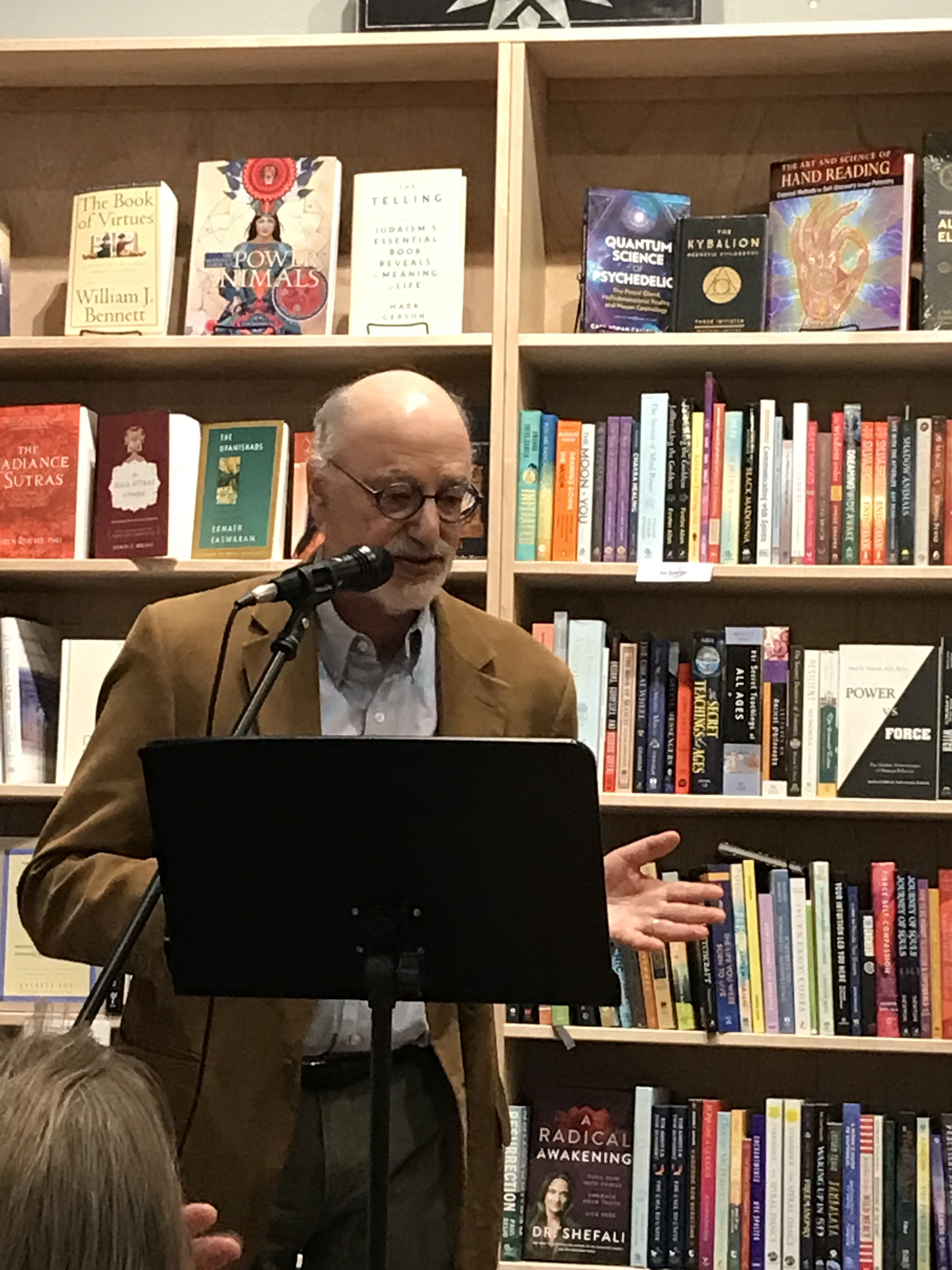He argues that in reaction to the counter-cultural and protest movements of the 1960s, “We begin to see a movement in the U.S. associated with the silent majority and Richard Nixon, and the rise of Christian fundamentalism.” Then, in the 1980s, Islamic fundamentalism gained increasing prominence and influence on the world stage. “What emerges is the realization that we only understood how important these movements were when it was too late.”
One of the reasons why social scientists and historians didn't put their finger on these movements when they were happening, Schneider asserts, was partly due to disagreements within and across academic disciplines. “There was a way in which the historians of my generation didn't want to deal with collective psychology or socio-psychological analyses. We weeded out the analytical vocabulary associated with resentment. As a consequence, we missed what was happening, a very difficult-to-seize movement that was often religious, but was motivated, I believe, by people who felt left behind.”
Given the politics of resentment today – and the seemingly continuous breakdown in civil discourse in the U.S., Europe, and elsewhere – what is the way forward?
“The only answer I have,” Schneider said, “is that resentment invites us to see that it's a term that should not be used just to delegitimize people, which is how it's often used across the political spectrum. Whether describing ‘fascist’ conservatives or ‘woke’ liberals, the tendency is for one group to say of the other, ‘Oh, they're just they're just twisted, they're bitter, they're the losers. Get over it.’ Rather, I think we have to understand resentment, by seeking to appreciate what grievances give rise to it—that is, what lies behind it.”
“Look, a person’s politics or worldview may be extremely distasteful, and some may not want us to look at another group with any empathy. We don’t have to embrace another’s worldview, but if we identify resentment as something we have to confront, that there’s something behind it, it thus requires a more patient, understanding approach to people and the way they manifest their resentment.”




